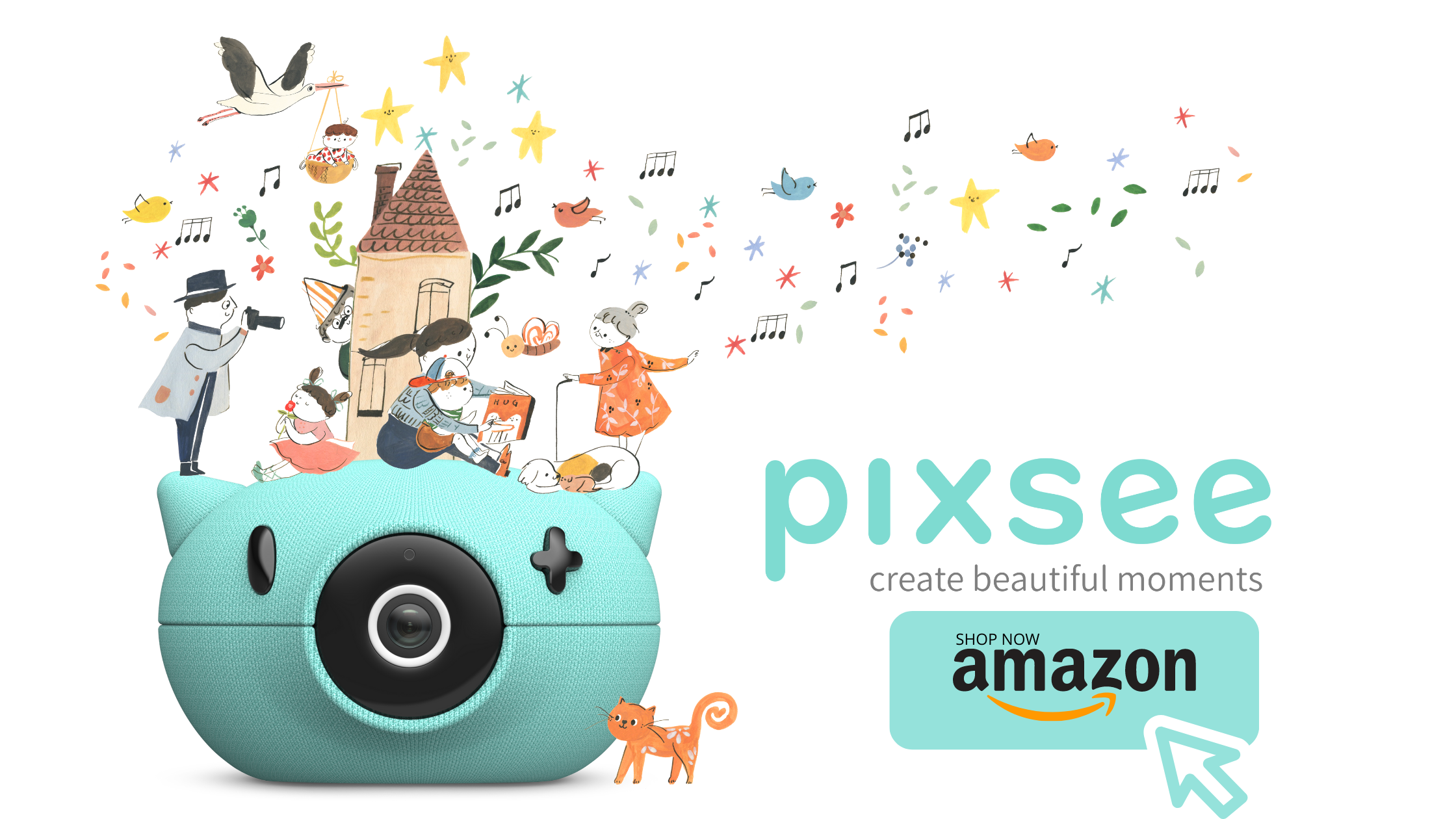Open your favorite social media app and perform a quick search for "dancing baby." You'll see thousands of videos of sweet babies bouncing to the beat, sometimes impressively! From their seventh month in the womb, babies can hear sounds and rhythms, and music is a universal language that every little one understands.
That might be why music is essential to any baby's sleep routine. The right baby bedtime music can provide an auditory cue that it's time to settle down for the night. First-time parents are often amazed by the power of music in developing an evening routine.
A lullaby can be a lifesaver, and we've created this article to help explain why. Keep reading to learn our best parenting tips for incorporating music throughout your baby's day.
The Science of Babies and Music
Did you know that music can cause physical changes in the brain, creating and maintaining neural pathways that can serve your baby for life? Did you know that it helps your baby's brain release endorphins, which lead to happiness? Whether your little one likes salsa, hard rock, or Baby Shark, every song has benefits that can improve their quality of life.
In essence, music can make babies smarter. It improves everything from gross motor skills and physical coordination to counting and numeracy. Studies from Julliard even suggest that the ability to find a steady beat is closely associated with successfully learning to read.
Why Do Babies Love to Dance?
There is science behind why so many babies love to dance. Research suggests that babies gravitate toward rhythm and steady beats in music (as opposed to melody). When they can synchronize their movements to match the rhythm, they are happier overall.
Some scientists think that this is because the first sound that babies hear is their mother's heartbeat. Others wonder if it might be due to natural selection based on something in humanity's past. Either way, it's clear babies are born to dance!
Music and the Importance of Sleep
Have you ever tried to fall asleep when you had a lot on your mind? If so, you're already aware that stress, anxiety, and sleep do not go hand-in-hand. Studies suggest that music naturally reduces anxiety in babies and young children.
Almost all types of music have a measurable effect on lowering a baby's heart rate. The most effective music was a lullaby sung by the baby's own parent. When a baby feels relaxed, they have an easier time drifting off without a fuss.
Music can also be part of sleep training. After using a consistent, predictable soundtrack at naptime or bedtime, babies will associate the music with drifting off. It can impact how much sleep you and your baby get each night.
Using Music in Your Baby's Routine
As the research suggests, singing a lullaby to your baby has the largest impact on helping a baby fall asleep. It can also be a component of parent-infant bonding. Sing to your sweet baby each night and watch as you both relax and grow closer.
What if it isn't possible to sing your baby to sleep in person? A parenting tool like the Pixsee smart baby monitor can allow you to play music for your baby. Your Pixsee comes with a curated selection of parenting music specifically chosen to create rhythm in your baby's day. From lullabies to white noise, there's a soundtrack for every family.
If you aren't around your baby, recorded (singing) voice is a wonderful alternative. The smart baby camera also includes a music scheduler to help you time your baby's routine down to the second.
The Best Music for Encouraging Sleep
Now that you know babies will dance whenever possible, you need to choose bedtime music that encourages relaxation rather than a dance party. There is a reason why many lullabies sound similar. They have all the qualities that soothe babies rather than excite them.
When choosing lullabies, look for songs with the following features:
- A slow, steady rhythm that simulates rocking
- Repetition
- A simple, consistent melody
- Simple language and lyrics
Think about a few of the lullabies you heard as a child. Some songs, like "Baabaa Black Sheep" and "Twinkle, Twinkle Little Star," have the same melody. Songs like "Rockabye Baby" have a rocking rhythm and lyrics that encourage slow, soothing motion.
Some popular ballads also have these features, and there's no reason why you can't incorporate them into your nightly lullaby rotation. Some parents swear by their favorite Josh Groban songs at bedtime.
The second best type of music isn't music, but white noise. To babies, it sounds like being in the womb. Many parents choose white noise as part of sleep training or bedtime routines.
Baby Bedtime Music for a Relaxing Routine
The first song your baby hears is your heartbeat, and it's enough to instill a lifelong love of rhythm. When you choose baby bedtime music that is sufficiently soothing, you can help your baby feel like they're curled up to sleep beneath your heart again. The best lullabies can help you create a relaxing routine to ensure everyone in your household gets their rest.
Your new bedtime routine starts with the Pixsee smart baby monitor. With parenting tools like the curated smart music box, music scheduling, and even voice recording, you can be sure your baby has the soothing tunes they need to drift off to dreamland.
Visit our Amazon online store and Pixsee Shop to discover how Pixsee can help you build a safe, joyful sleep routine for your sweet baby.







